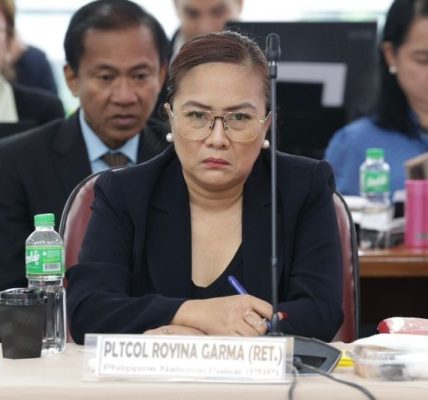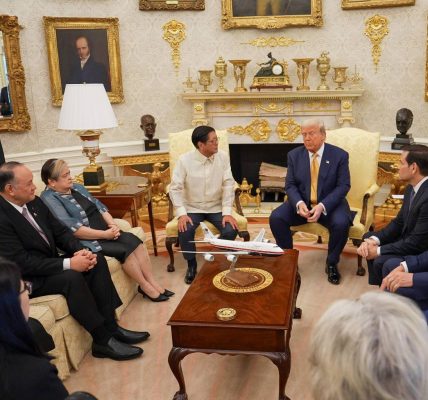MANILA – The Commission on Elections (Comelec) has resumed the reprinting of the official ballots for the midterm local and national elections.
The agency earlier had to dispose of six million ballots that were initially printed after Supreme Court issued TROs involving candidates disqualified by the poll body.
Meanwhile, the Comelec partially terminated its contract with South Korean election service provider Miru Systems Co. Ltd. in connection with the printing of ballots for the May 12 elections.
Comelec Chairperson George Garcia said termination covers only the printing of the ballots as the duty will be shared with the National Printing Office (NPO).
“We decided to divide the printing between Miru and NPO to make the printing process faster,” Garcia said.
The Comelec also is currently reviewing the earlier ruling of the Supreme Court (SC) on the legality of surveys and if private companies are following guidelines.
Comelec Chairperson Garcia noted that they are studying the SC decision on the Social Weather Stations (SWS) vs. Comelec case.
“Actually, the SC has a decision on SWS vs Comelec, affirming the legality of the surveys. The members of the Commission are now reviewing the decision of the SC to see if it is still applicable because to a certain extent if it has really influenced the people,” he said.
“It’s not really illegal, but the question is, did they follow the requirements included in the SC decision? In the surveys we see, did they include who made the survey, who paid (for the survey) where the respondents came from, the scientific method that was used. That’s what the Supreme Court said in its decision,” he added.
Aside from Miru’s two HP printers, the poll body also tapped the NPO to use its four Canon printers. A total of 1.5 million ballots will be printed by all machines per day.
“Before, Miru can print around 950,000 ballots. Our conservative estimate is 1.5 million. If the machines can print more, the better,” he said.
NPO’s Canon printers are assigned to print a total of 35,881,871 ballots for mock poll ballots (10,000), overseas voting (10,599), final testing and sealing (1,250,948), Bangsamoro Autonomous Region in Muslim Mindanao regular polls (2,378,829), Bangsamoro Parliament (2,295,352), Caraga (1,905,271), Region 12 or Soccsksargen (2,701,992), Region 11 or Davao (3,376,858), Region 10 or Northern Mindanao (3,179,124), Region 9 or Zamboanga Peninsula (2,869,368), Negros Island Region (3,059,334), Region 8 or Eastern Visayas (3,259,908), Region 7 or Western Visayas (4,389,489), Region 6 or Central Visayas (3,128,562), and Region 4-B or Mimaropa (2,056,237).
On the other hand, Miru’s HP printers will be printing a total of 72,126,633 ballots for local absentee voting (100,000), Batanes (13,655), Region 5 or Bicol (4,054,112), Cordillera Autonomous Region (1,105,063), Region 1 or Ilocos (3,634,051), Region 2 or Cagayan Valley (2,358,769), Region 3 or Central Luzon (7,700,485), Region IV-A or Calabarzon (9,715,107), and National Capital Region (7,563,520).
“The 18 regions, we divide it into nine each in the printing of ballots by Miru and NPO machines. The Comelec en banc has also given me the power, if it is necessary to alter the allocation just to make sure that the ballots will be printed properly,” Garcia said.



















